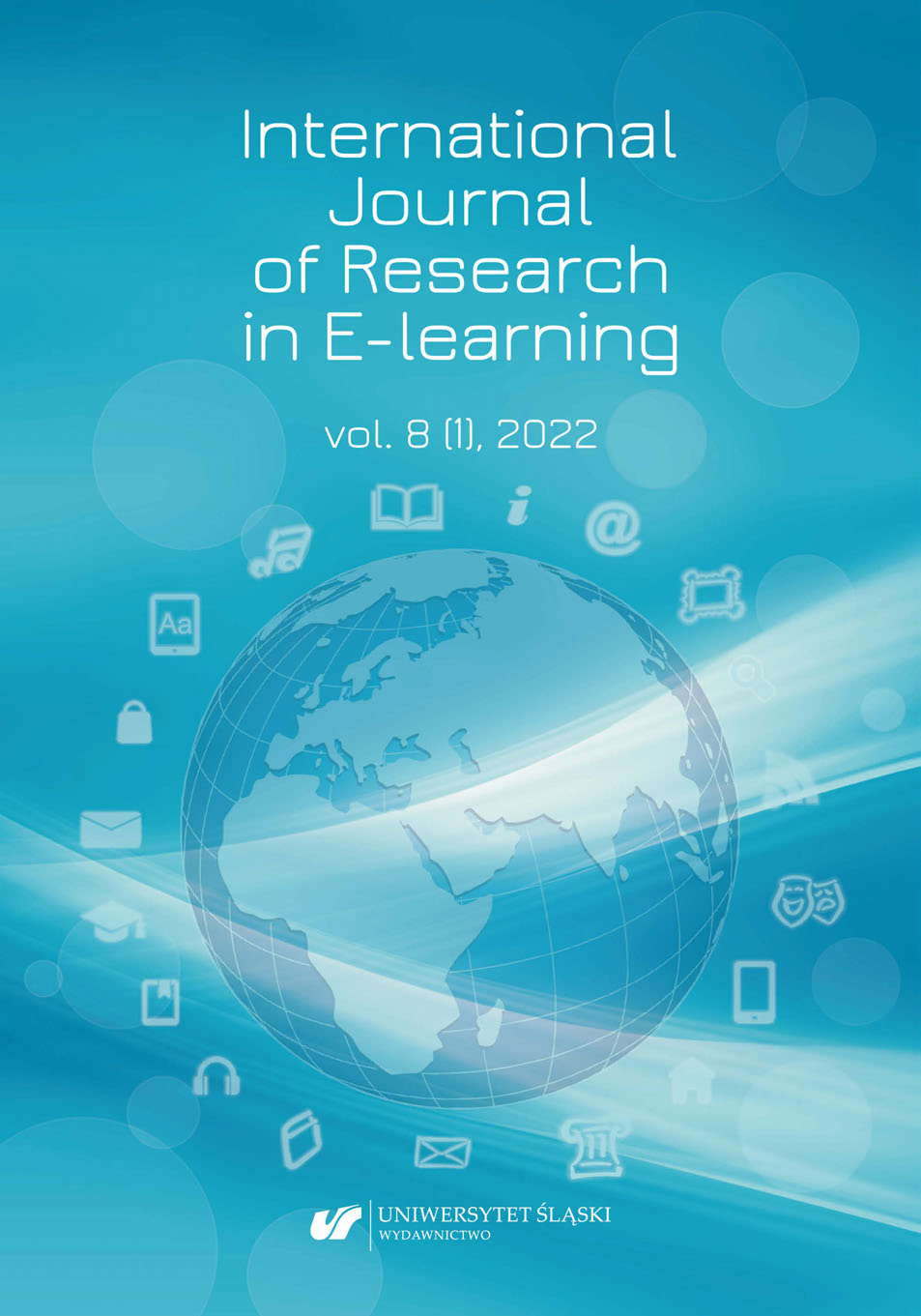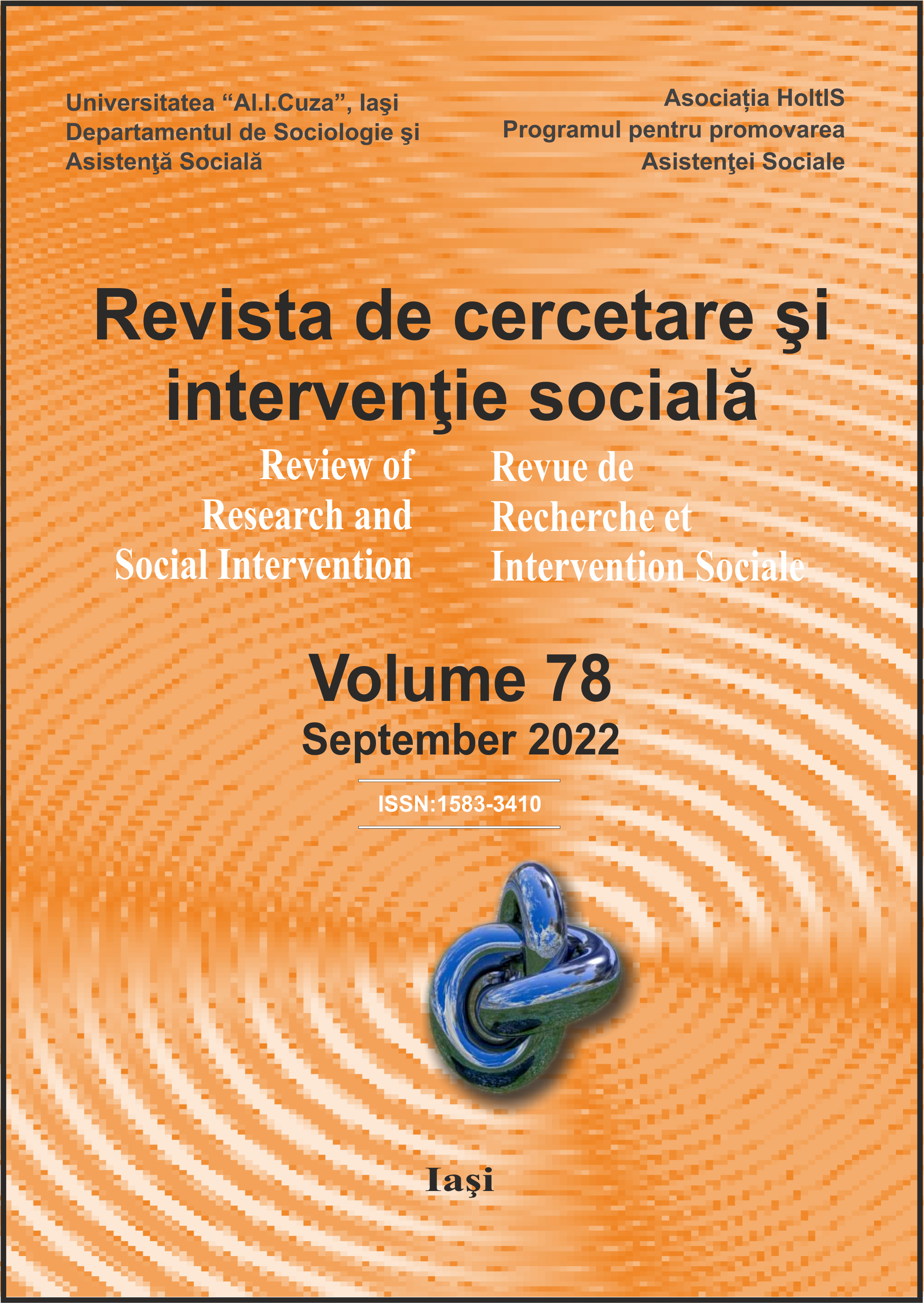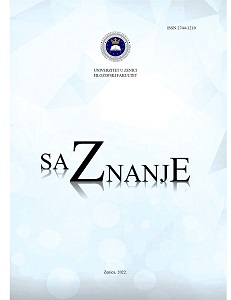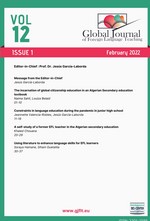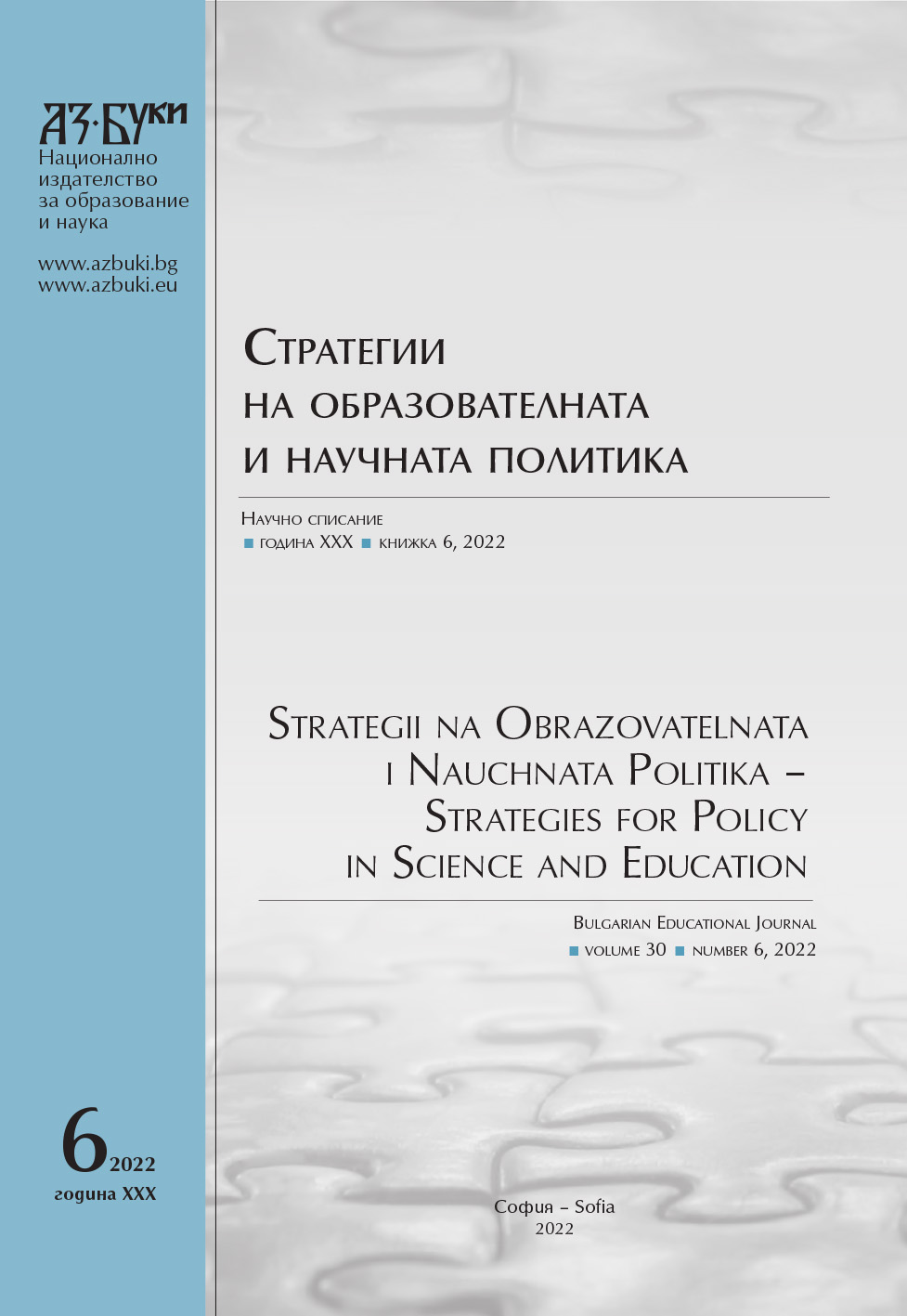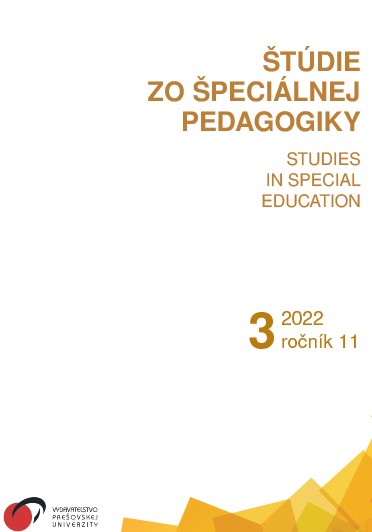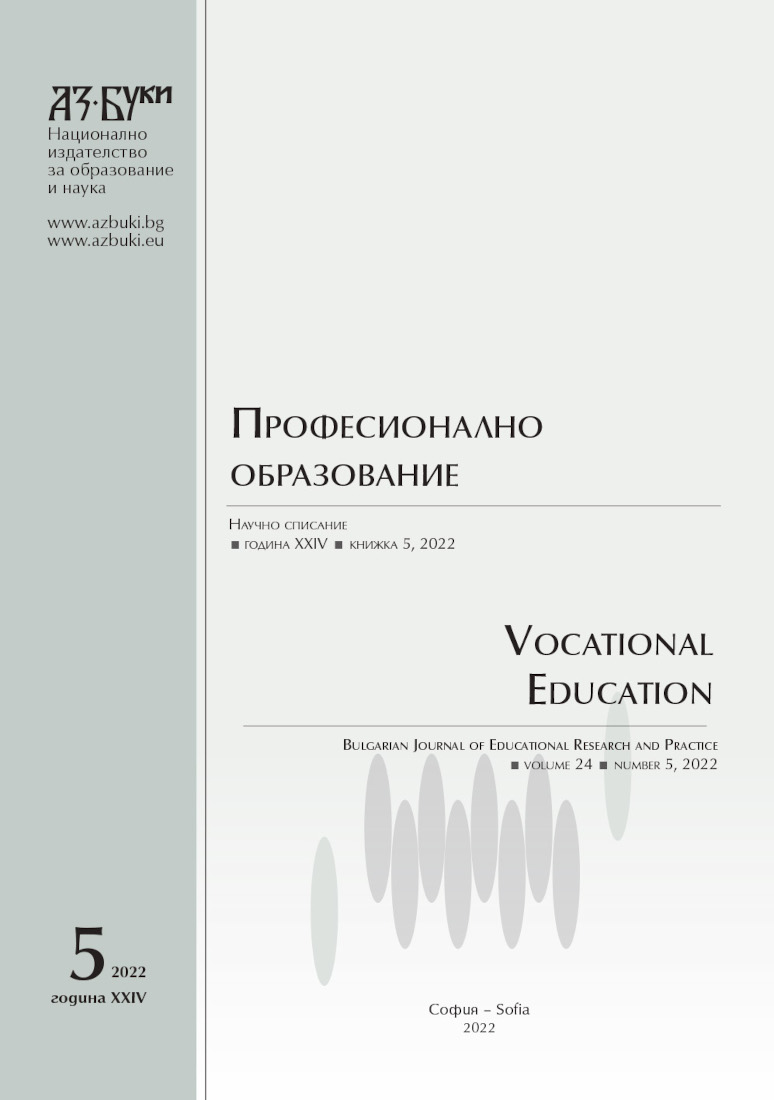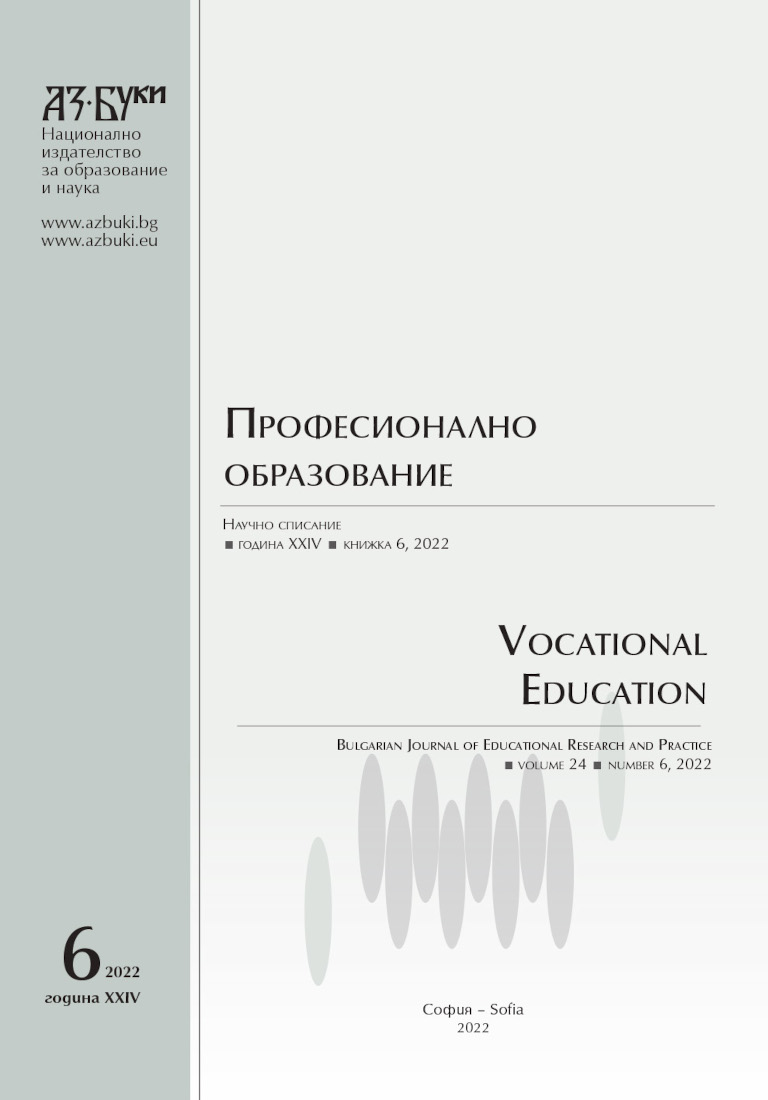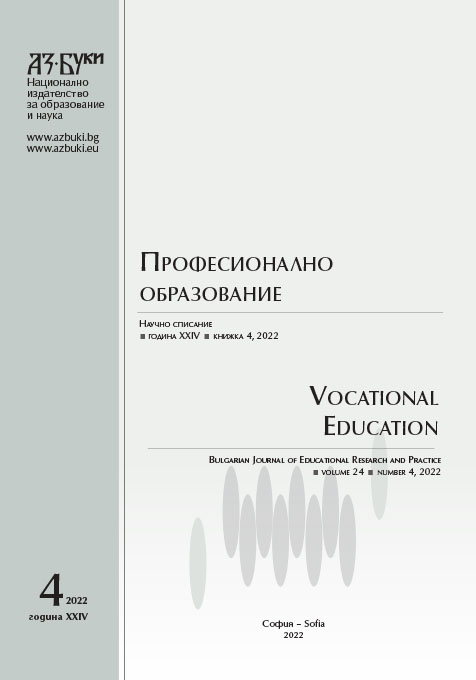
Методически насоки при разработване на проектно задание по теоретични технически предмети
The high-tech world of the 21st century places new demands on educational systems. Expectations for success in modern society are associated with the ability to find and process information, out-of-the-box thinking and creativity, the ability to independently acquire knowledge, problem-solving skills and finding solutions, teamwork and cooperation. This requires radically new educational models and necessitates changes in teaching methodology. Such a modern, innovative model of education, which changes the concept of teaching itself and introduces new ways of pedagogical guidance is project-based learning. In this publication, an exemplary version of the development of a project assignment in the conduct of project-based learning is proposed, with corresponding methodological guidelines.
More...
